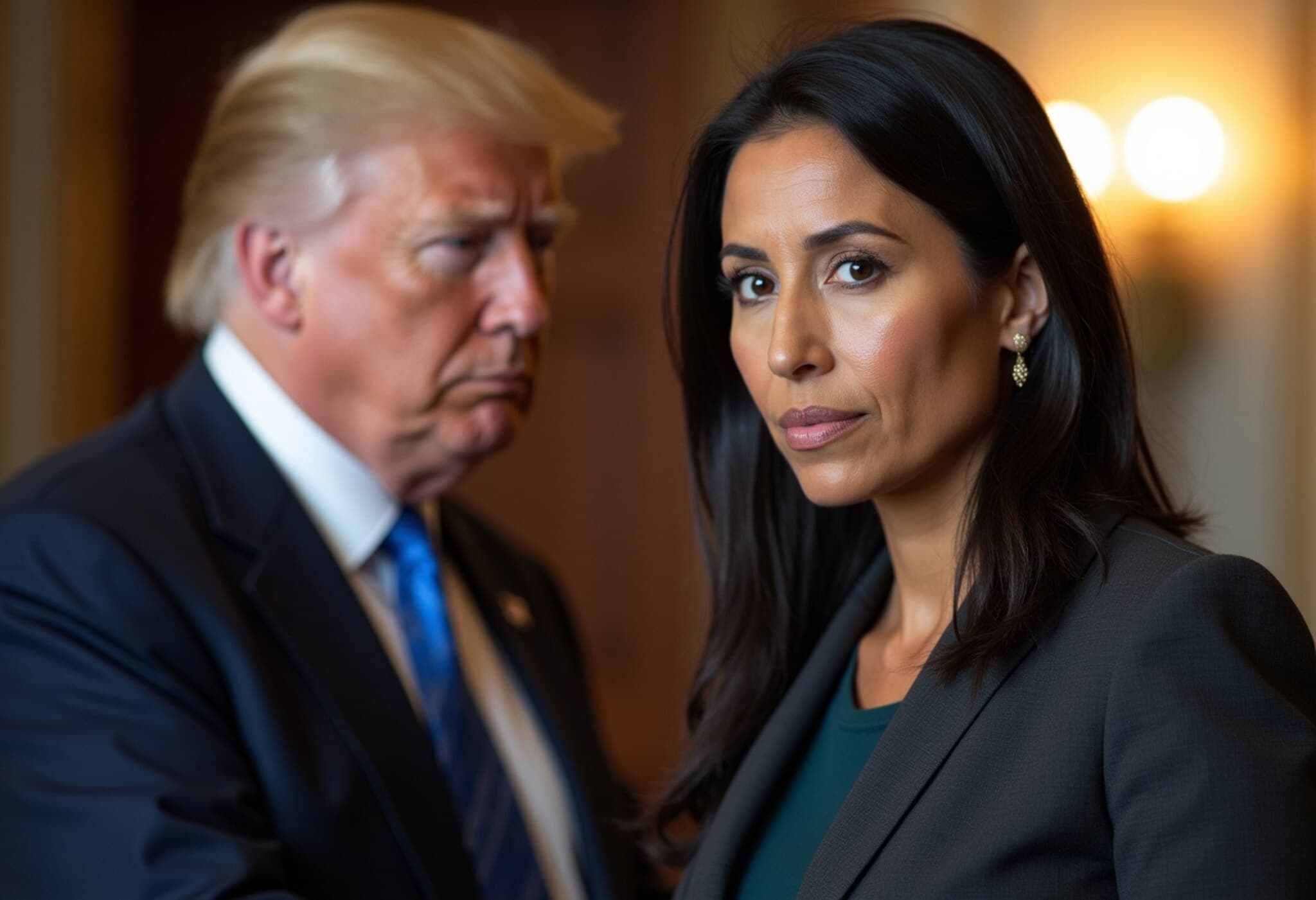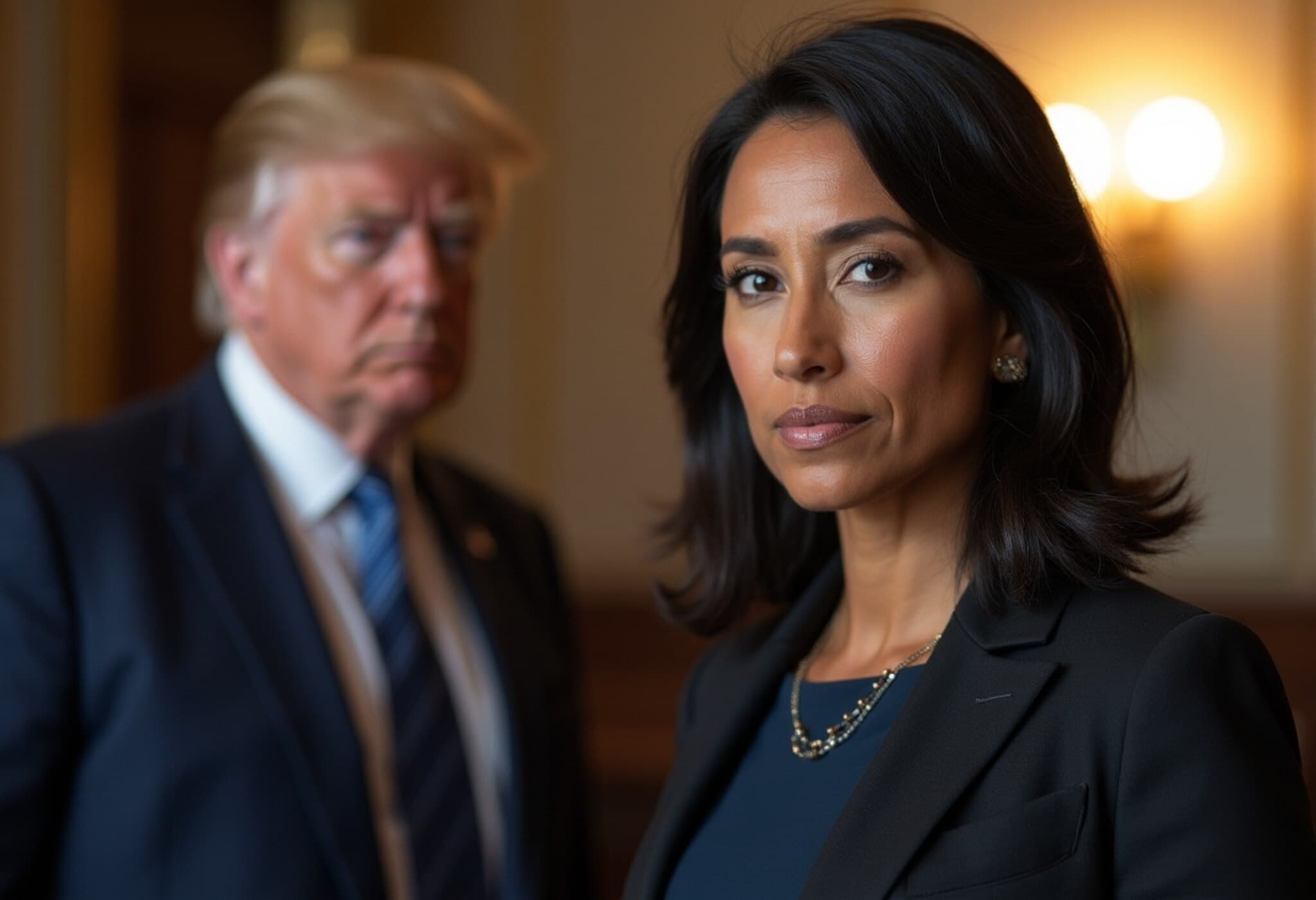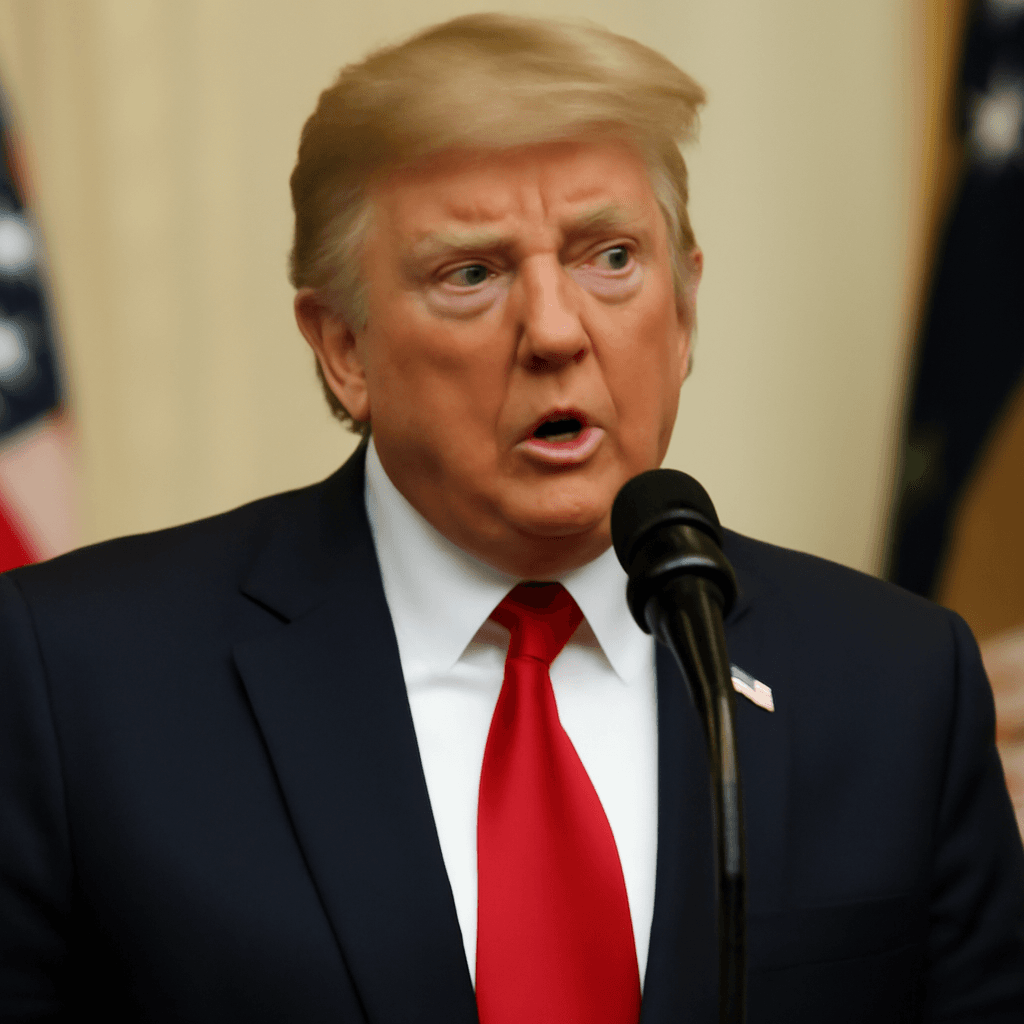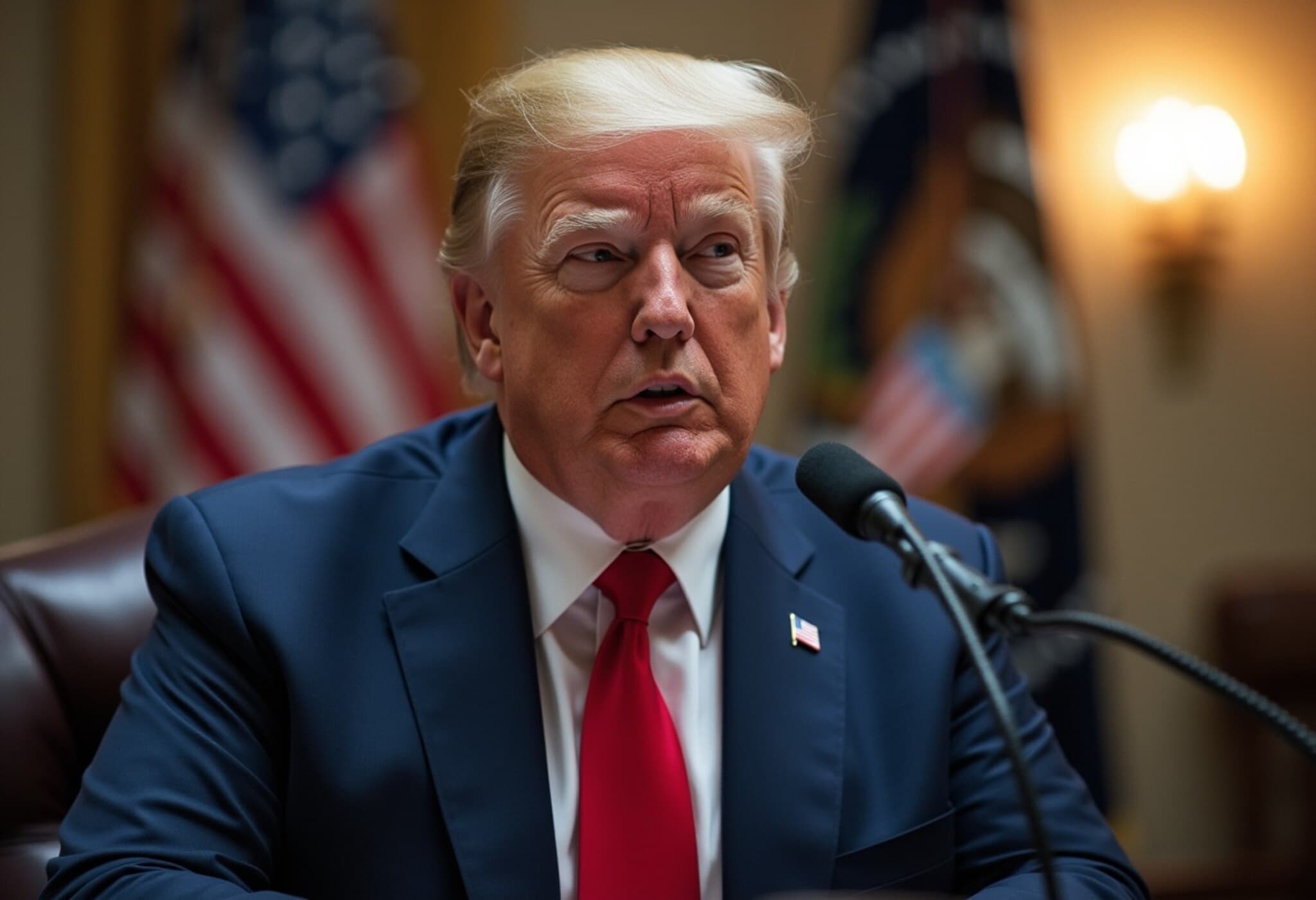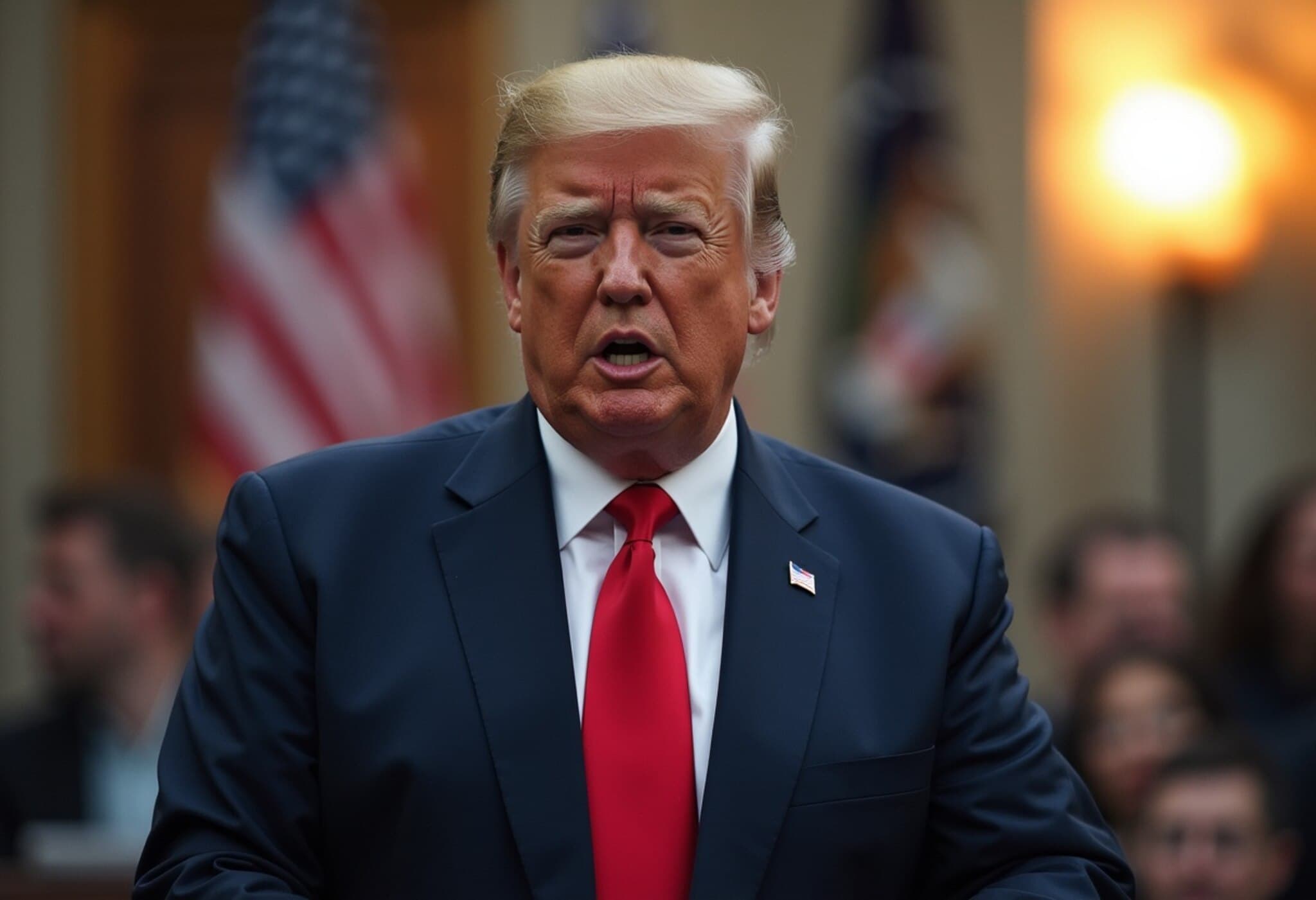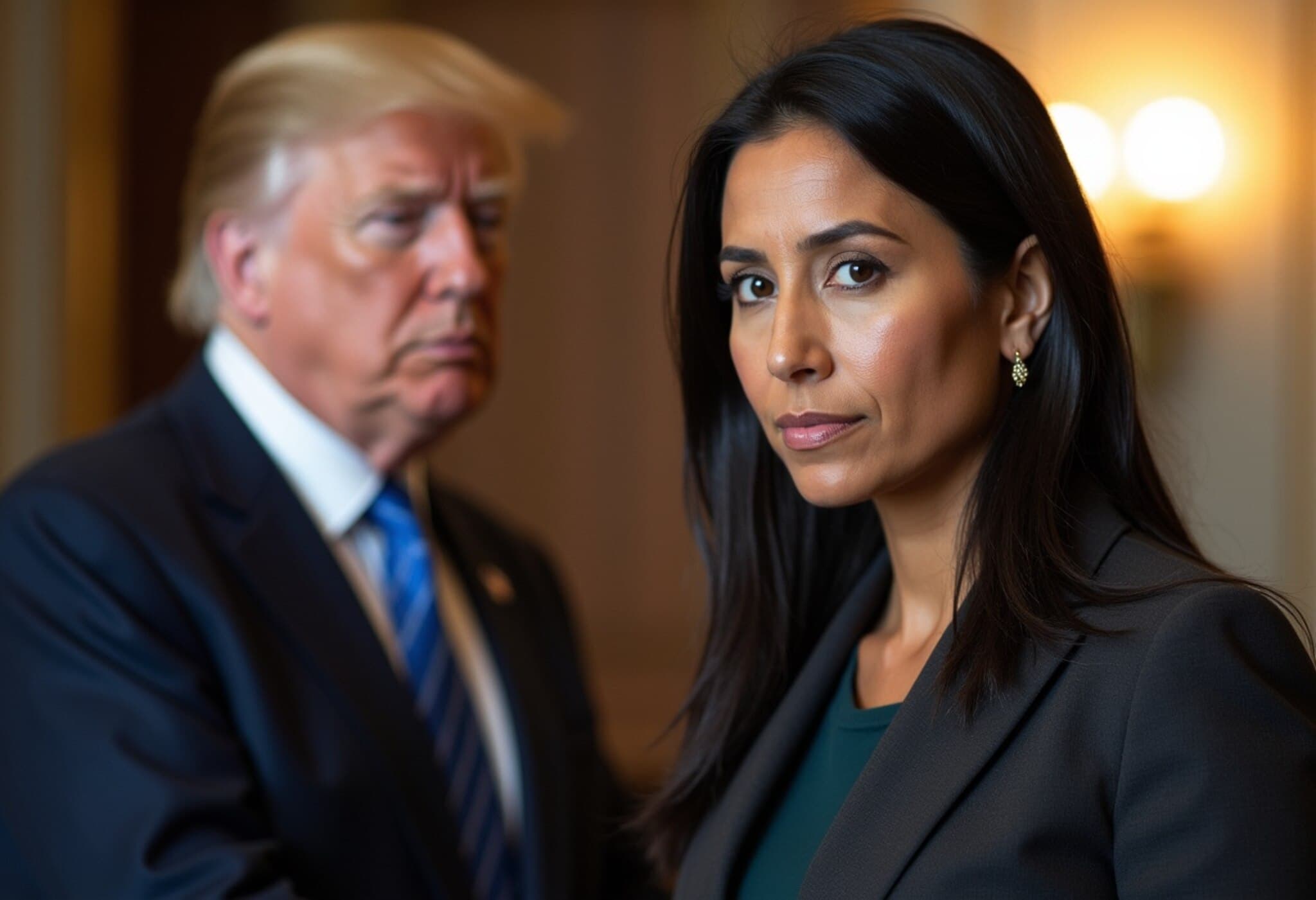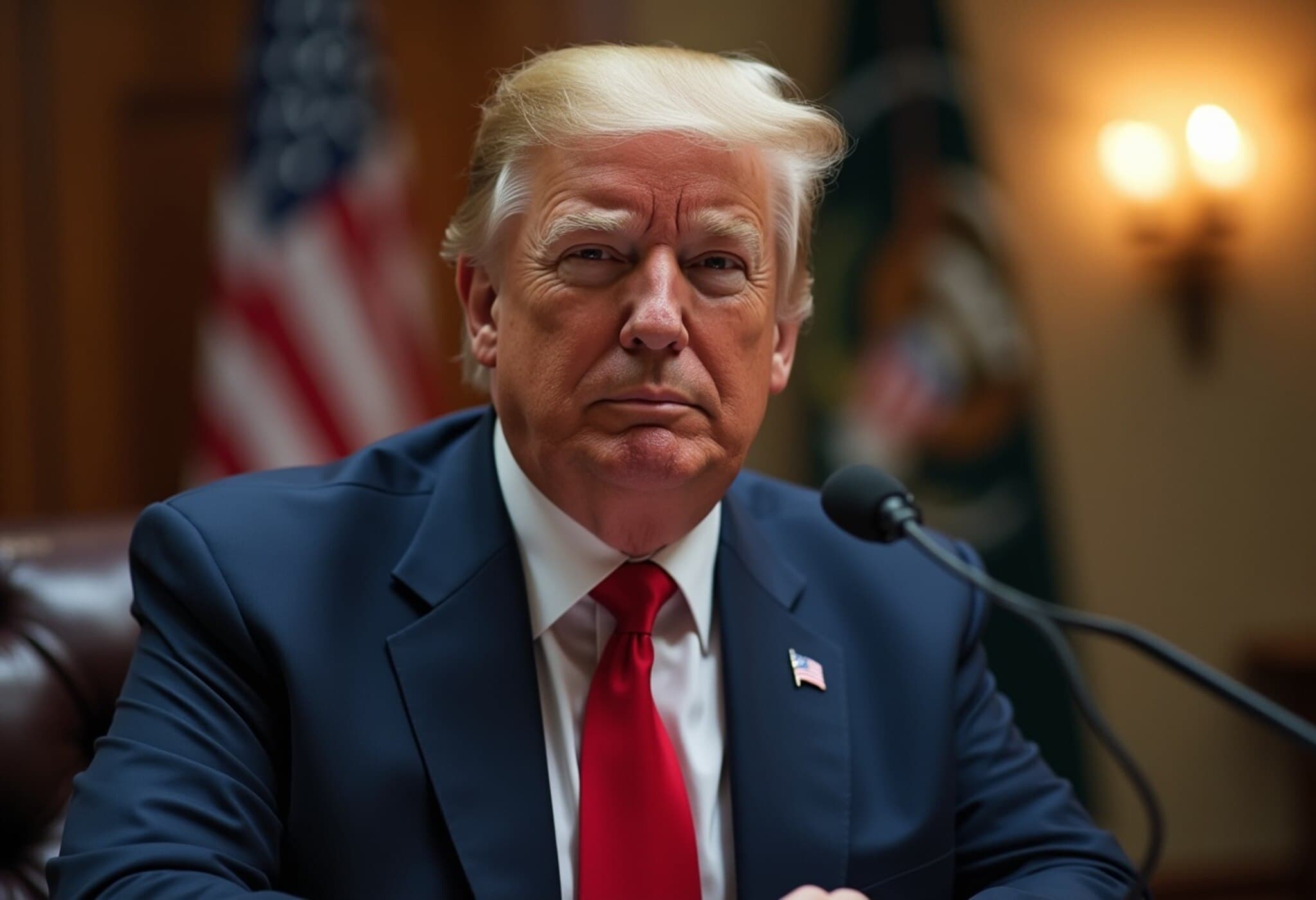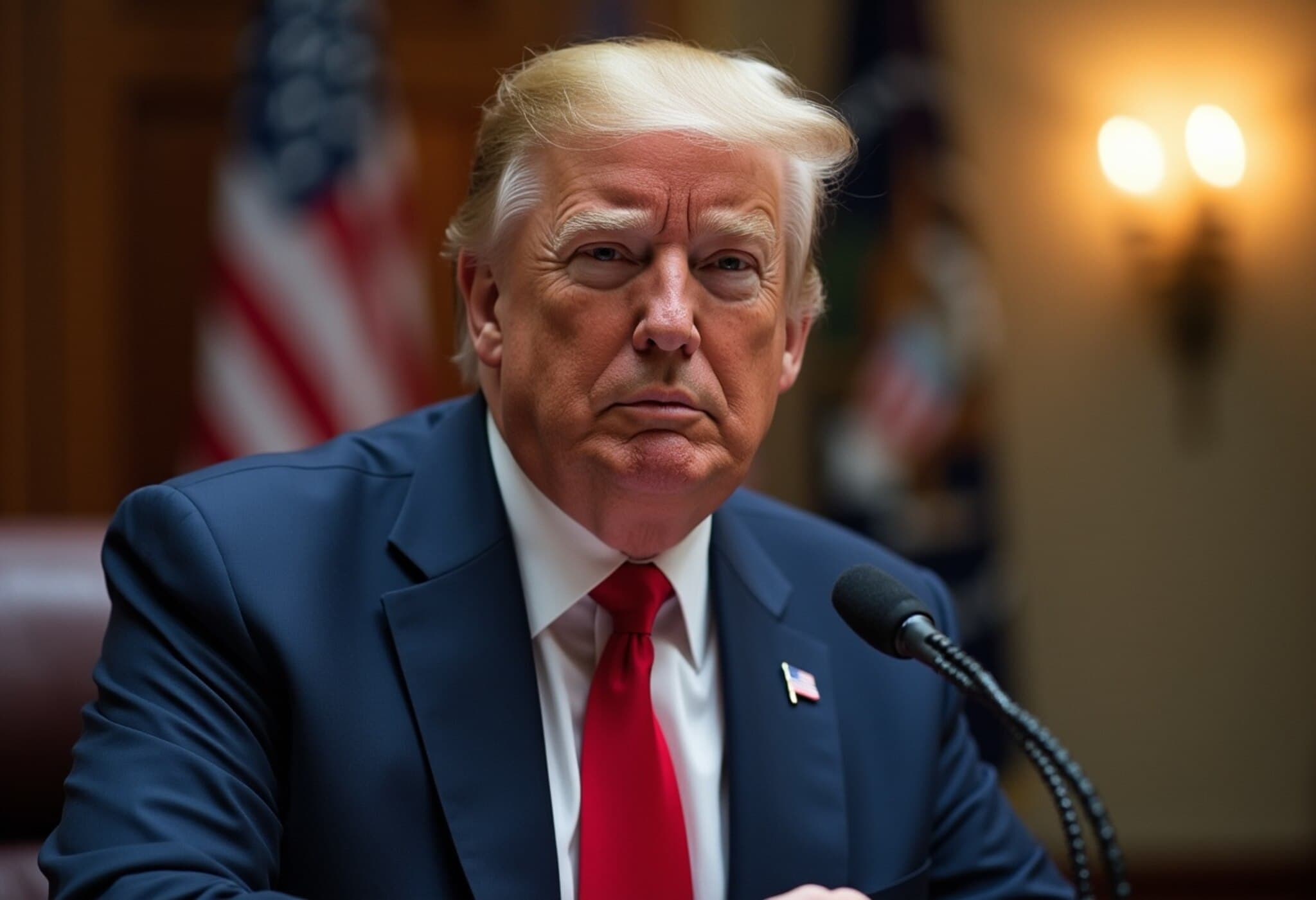Trump Challenges Spy Chief Tulsi Gabbard’s Iran Nuclear Assessment
During a press interaction at Morristown, New Jersey, former President Donald Trump sharply contested claims made earlier this year by Tulsi Gabbard, then Director of National Intelligence, regarding Iran’s nuclear ambitions. Trump firmly stated, "She's wrong" when addressing Gabbard’s assertion that Iran was not actively pursuing a nuclear weapon.
Gabbard’s Congressional Testimony and Subsequent Clarification
In March, Tulsi Gabbard testified before Congress that the U.S. intelligence community did not believe Iran was building a nuclear weapon. She emphasized that the intelligence assessments at the time viewed Tehran's nuclear program as non-weaponized.
However, Gabbard later clarified on the social media platform X that “America has intelligence that Iran is at the point that it can produce a nuclear weapon within weeks to months, if they decide to finalize the assembly.” She reiterated President Trump’s firm stance that this scenario was unacceptable. Also, Gabbard accused media outlets of distorting her March testimony to create divisions.
White House and Israeli Perspectives on the Iran Threat
The White House indicated that Trump was carefully considering how to engage in the escalating Iran-Israel conflict. Earlier in the week, he reiterated his disagreements with Gabbard’s earlier testimony.
Meanwhile, Israeli Prime Minister Benjamin Netanyahu defended recent airstrikes on Iranian nuclear and military facilities by stating that Iran was dangerously close to developing a nuclear warhead, reinforcing dire regional security concerns.
Contrasting Intelligence Views on Iran’s Nuclear Capability
Despite these conflicting public positions, U.S. intelligence assessments have remained largely consistent. According to sources with access to classified reports, the U.S. spy community estimates that Iran would require up to three years to develop a functional nuclear warhead capable of hitting intended targets.
However, some experts argue that Tehran could assemble a crude, untested nuclear device far sooner, though with uncertain reliability.
Political Context and Continued Disputes
Trump has a well-documented history of questioning U.S. intelligence findings, often alleging a so-called “deep state” working against his administration despite no concrete evidence. Gabbard, known as a staunch Trump supporter, has echoed similar sentiments.
During his presidency, Trump frequently clashed with intelligence agencies, notably disputing reports about Russian interference in the 2016 election and showing skepticism toward President Vladimir Putin’s statements.
Iran’s Position and Regional Implications
Adding complexity, Iran has consistently denied any intention to develop nuclear weapons, asserting its uranium enrichment program serves exclusively peaceful purposes.
In March, Gabbard noted that Iran’s level of enriched uranium was unprecedented for a non-nuclear weapons state and highlighted public discussions around nuclear weapons inside Iran as causing concern.
The debate over Iran’s nuclear timeline and intentions remains a focal point in international diplomacy and regional security, with substantial implications for the Middle East’s stability.

